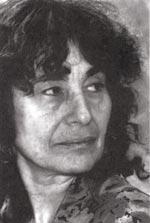
Alicia Suskin Ostriker
Alicia Ostriker is a feminist revolutionary, a poet, critic, and creator of contemporary midrash. She is one of an increasing number of women writers who have the courage to approach bibliocal history and legend from an unorthodox, feminist point of view.
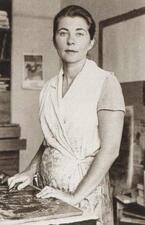
Fayga Ostrower
Fayga Ostrower, born in Poland, began her artistic career after her family immigrated to Brazil, where she quickly developed a love and a talent for engraving. Her award-winning works have been displayed across the world, and she wrote many books reflecting on the power of art as a universal human language.
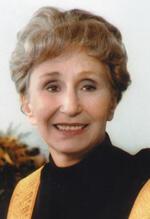
Sylvia Ostry
Sylvia Ostry, born in Winnipeg, Canada, was a distinguished economist, academic, and government leader. She taught at universities across Canada, served in numerous government posts, and authored over eighty publications, mostly on policy analysis.
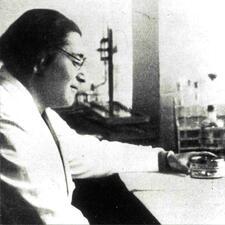
Berta Ottenstein
A pioneer in skin biochemistry and dermatology, Berta Ottenstein became the first woman lecturer in the Medical Faculty at the University of Freiburg in 1931. Two years later she was forced to flee Germany and begin her scientific career anew. After occupying research positions at the universities of Budapest and Istanbul, she received a research fellowship at Harvard University in 1945.
Rabbi Ben-Zion Meir Hai Ouziel
Rabbi Ben-Zion Hai Ouziel was the Sephardic chief rabbi of Israel. Ouziel believed women could vote and be elected, serve as judges, use birth control for health reasons, and inherit property. He proposed a marriage formula that would prevent women from becoming agunot (“chained”).

Margalit Oved
Margalit Oved—dancer, choreographer, singer, actress, musician—is the epitome of a performance artist. Her work blended elements from the Yemen of her childhood, the Israel of her adolescence, and the Los Angeles of her adulthood. She has left an indelible mark on twentieth-century Jewish culture through her inventive and modern interpretations of ancient biblical tales.
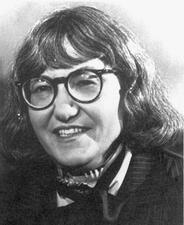
Cynthia Ozick
Cynthia Ozick is a Jewish-American writer, novelist, essayist, and playwright. Her creative, authentic, and intelligent stories, including “The Shawl” (1989) and “The Puttermesser Papers” (1997), have made her one of the greatest fiction writers and literary critics alive.


